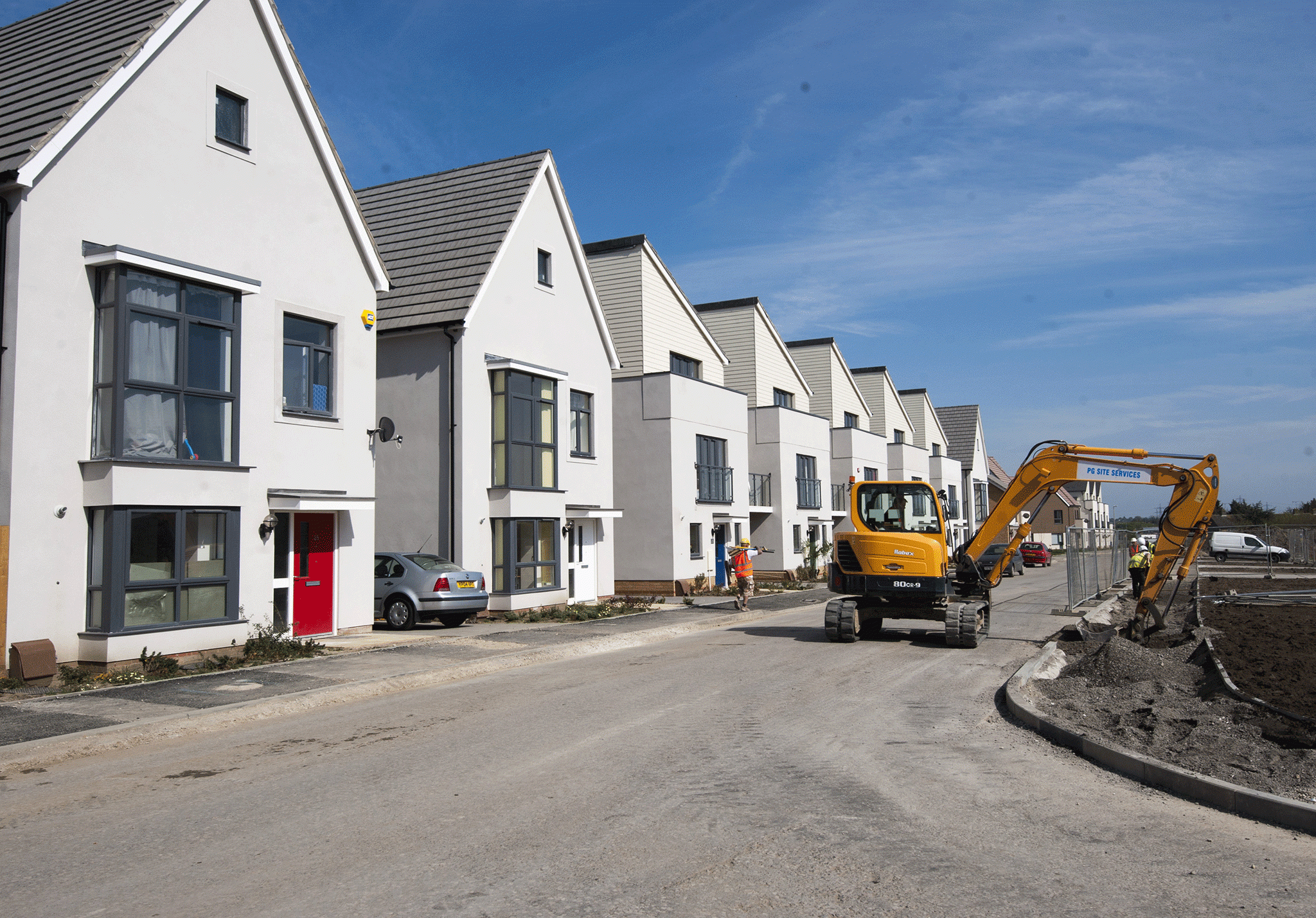Help to Buy, Persimmon Homes profits and bonuses, and a situation our columnist finds sickening
Taxpayers’ cash is fattening the company’s bottom line when people are sleeping on Britain’s streets

Your support helps us to tell the story
From reproductive rights to climate change to Big Tech, The Independent is on the ground when the story is developing. Whether it's investigating the financials of Elon Musk's pro-Trump PAC or producing our latest documentary, 'The A Word', which shines a light on the American women fighting for reproductive rights, we know how important it is to parse out the facts from the messaging.
At such a critical moment in US history, we need reporters on the ground. Your donation allows us to keep sending journalists to speak to both sides of the story.
The Independent is trusted by Americans across the entire political spectrum. And unlike many other quality news outlets, we choose not to lock Americans out of our reporting and analysis with paywalls. We believe quality journalism should be available to everyone, paid for by those who can afford it.
Your support makes all the difference.It sure must be fun to run a state-subsidised business, with profits all but guaranteed and bonuses all but guaranteed following hot on their heels.
Just look at Persimmon Homes. Britain’s second biggest housebuilder has just reported a fat 9 per cent rise in revenues, a 6 per cent spike in completed sales, and a 3 per cent increase in average selling prices, which came in at £213,000.
Forward sales worth £1.4bn have been booked, up 10 per cent on the previous year, and profits are set to come in ahead of expectations that were already pretty optimistic.
But hang on just a minute, I hear you say, Persimmon isn’t state-backed. With the exception of certain banks, such a thing just doesn’t exist in Tory free-market Britain. State aid to industry is banned under the EU rules we’re still abiding by until next year.
That might be true of direct state aid. But indirect state aid is a different matter altogether, as Persimmon and its peers prove.
About half of Persimmon’s new buyers come bearing gifts from the Government via its Help to Buy scheme. There’s lots of information about it on the company website if you fancy joining them.
The scheme is supposed to help people faced with the difficulty of saving for a deposit and obtaining a mortgage of sufficient loan to value to get onto to the housing ladder, amid an overheated housing market.
What it actually does is help housebuilders like Persimmon by increasing the number of people chasing a limited number of properties, and juicing the price of them as a result. For a demonstration of that in action, see the above figures.
Persimmon can thus hardly lose. Nor can its executives, around 150 of whom who shared in £600m, with the CEO getting more than £100m, thanks to a bonus scheme for its senior people.
Nor can its shareholders, who didn’t kick up a fuss about that bonus scheme when it was created because they too were – and are – getting rich on the Government’s cash, and because the bonus scheme was set up to incentivise cash returns to them rather than Persimmon investing in its business and paying them off over the long term.
When great wads of state money slosh around and serve to make rich people even richer in countries outside of Western Europe and the US, it usually gets referred to as corruption.
But, of course, corruption implies illegality.
Help to Buy and the benefits it has provided to Persimmon, its executives and its shareholders, is by contrast perfectly legal and out in the open.
Its non-executive directors (two of whom resigned last year) showed the bonus scheme that paid out those eye-popping sums to the shareholders when it was created, too. They’ve had plenty of opportunities to object to it since then. Less than 10 per cent of them voting against its remuneration report at the last AGM.
The way the well-publicised Help to Buy scheme was going to help the company, and its executives, rather than the poor housebuyer? No secret. The fact that it will continue for the foreseeable future with another £10bn added to the pot by the Chancellor in his last budget has been similarly well publicised and discussed.
So there’s absolutely nothing here that is remotely illegal, or corrupt. But given the chronic lack of social housing in Britain, and the number of people sleeping in the bitter cold of Britain’s streets right now, it is, to my mind, disgusting and also utterly immoral.
And from those standpoints, I don’t think that it is all that much better than some of the things which go on in what we used to describe as third world countries.
Join our commenting forum
Join thought-provoking conversations, follow other Independent readers and see their replies
Comments